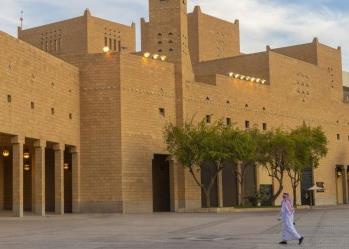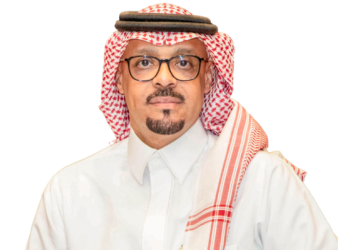
Delay in awards is a matter of public policy, says senior executive at French electronics systems firm Thales
Despite the delay in the award of new urban rail projects in the GCC, a senior executive at Frances Thales says he remains optimistic most of these schemes will proceed in due time.

Christian Gregoire, Thales
Christian Gregoire, Thales
Like everywhere, governments [here] go through a cycle of public infrastructure investment, says Christian Gregoire, Thales vice-president for technical and strategy systems. These [infrastructure] projects are going through the local or national decision-making process.
The executive adds that the slowdown in awards is a matter of public policy and that prudence requires for the investment decision to match the economic reality each country faces.
Apart from having been nominated to supply the systems for the Dubai Metro Route 2020 extension, Thales has won the contract to supply and maintain the supervision, telecoms, security and automatic fare collection systems for the 32km Doha Metro network, including contactless ticketing.
Big Data
While waiting for new projects to be awarded, firms in the region could also focus on new technologies, such as Big Data, which will play a significant role in transforming the regions public transportation sector.
The planned seamless access between the Doha Metro and the stadiums during the 2022 Fifa World Cup in Qatar is expected to showcase the capability of Big Data in increasing the reliability and availability of an urban rail system, says Gregoire.
Technologies such as Internet-of-Things [IoT] have enabled real-time monitoring of assets such as signalling equipment, which helps operators to anticipate maintenance requirements, thereby increasing the efficiency of their rail systems, says Gregoire.
It is understood that several Big Data schemes for urban rail systems from Hong Kong to Canada are being implemented. According to Gregoire, these technologies will not only benefit new and upcoming metro projects in the region, but also could be introduced in operating existing rail lines, such as those in Egypt and Iran.
Iran strategy
Gregoire says that like many European companies, Thales is closely monitoring the opportunities presented by the Iranian market. Thales has deployed an electronic interlocking equipment for Sharood, one of the mainline rail segments in Iran, before the embargo [was implemented against the Islamic Republic], he says.
The executive adds that designing and implementing new mainline signalling systems will take time because of the safety requirements. "Projects like these could take three to four years from design to implementation, he says.
Thales, however, is keen to continue work with Irans mainline rail agency as soon as the government provides a clean framework for financing these projects.
Egypt projects
Apart from Doha and Dubai, Thales has active schemes in Egypt, where mainline rail both freight and passengers is in dire need of upgrade and refurbishment. Several new lines and phases for the Cairo Metro are also either in the construction or procurement phases.
Egypt has developed long-term capability as far as rail systems are concerned, says Gregoire, citing that apart from having the longest and oldest mainline rail network in the Middle East and North Africa (Mena) region, the Cairo Metro has been operating for close to 30 years.
Indeed Egypt is one of the few countries in the Middle East to award major rail contracts in 2016. This stands in contrast with the decision of some GCC states to withhold signing new contracts due to low oil prices and limited government spending.
While obtaining financing for its mainline rail modernisation programme and some of its planned new lines for the Cairo Metro remains a challenge, Egypt is seen to be a source of consistent opportunities for rail contractors over the long term, due to the demand seen for the existing infrastructure.
Egypts [rail sector] will be in a good position to the extent that it has the support of international financial institutions, says Gregoire.
You might also like...

Chinese contractor to build 86-storey tower in Dubai
18 April 2024

Japan and UAE to explore clean energy cooperation
18 April 2024

Contract awarded for Algeria steel project
18 April 2024

OQ in Duqm refinery contract talks
18 April 2024
A MEED Subscription...
Subscribe or upgrade your current MEED.com package to support your strategic planning with the MENA region’s best source of business information. Proceed to our online shop below to find out more about the features in each package.








